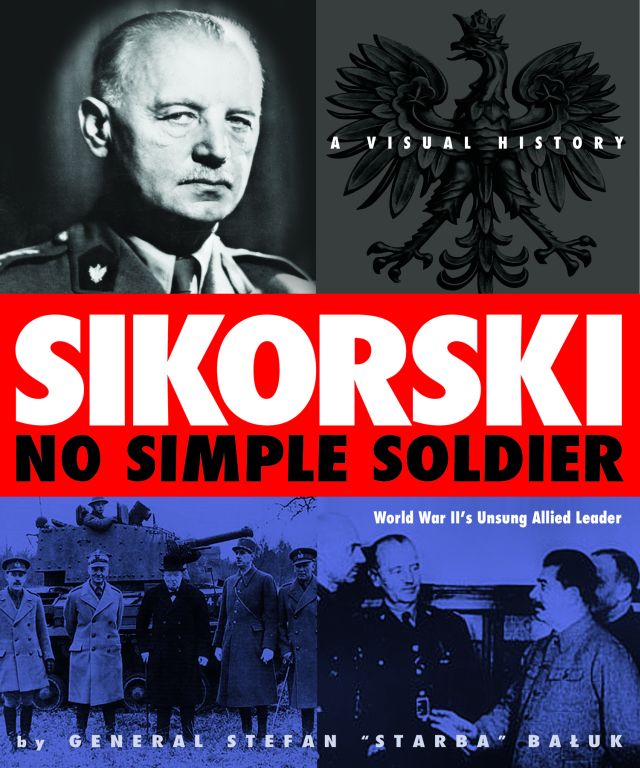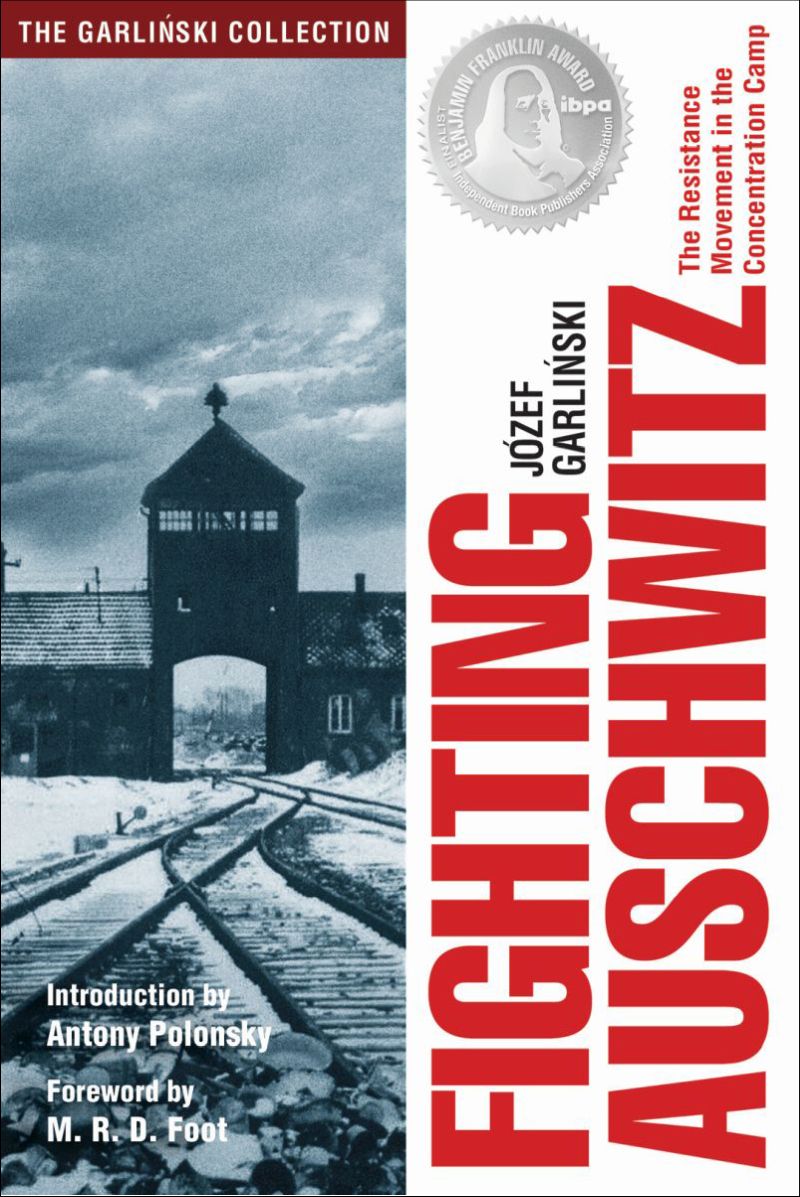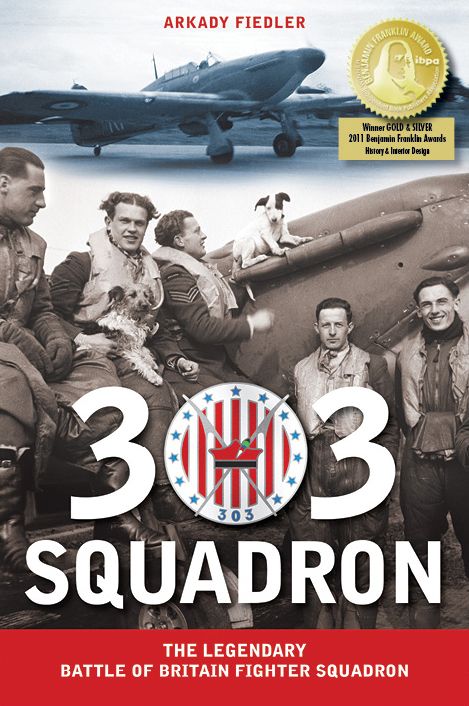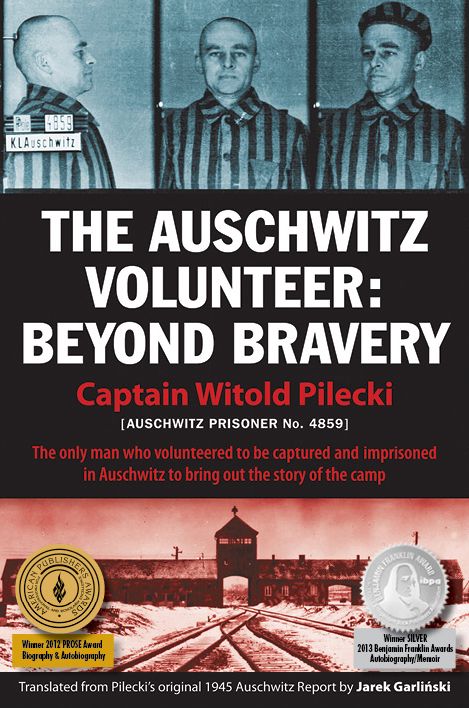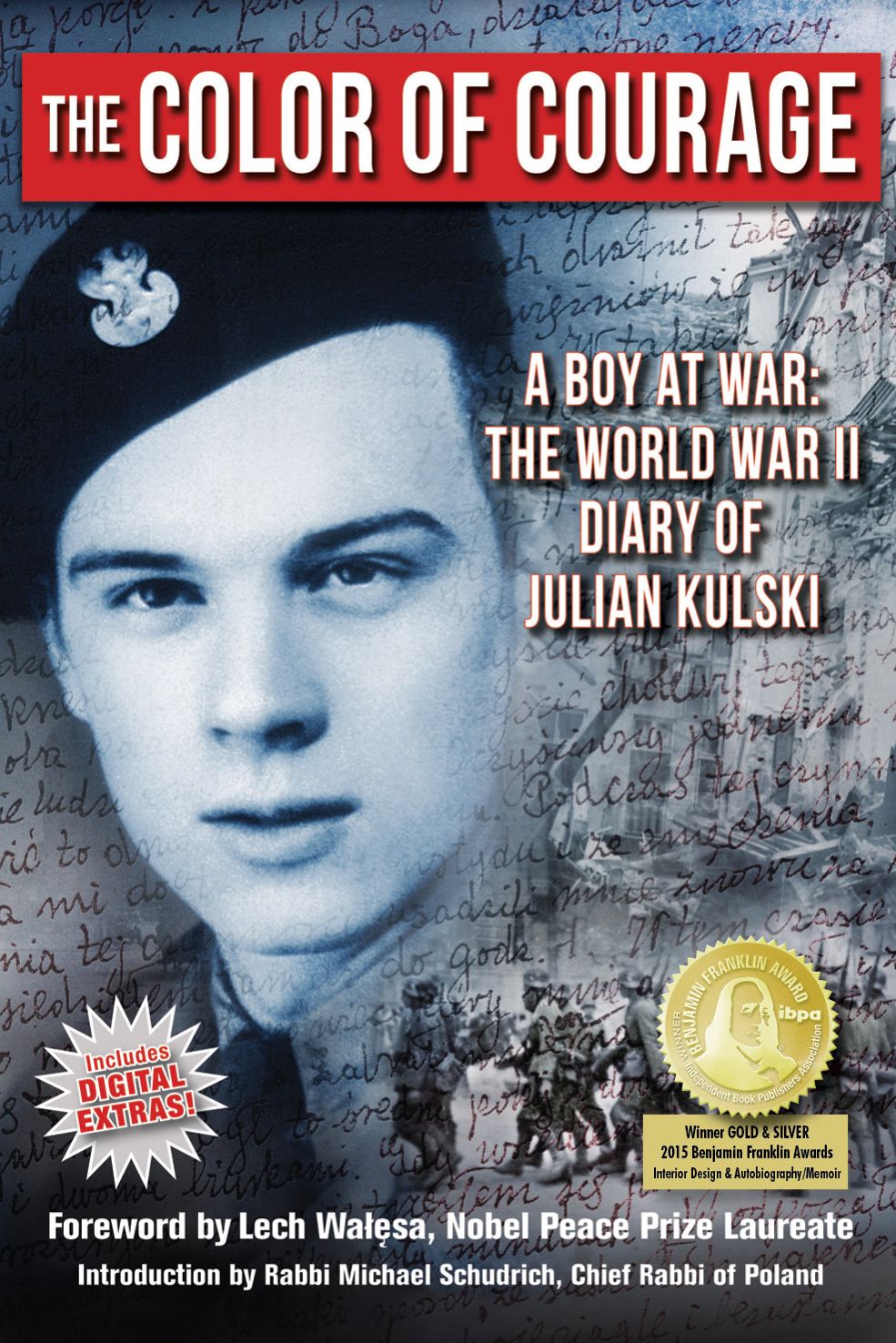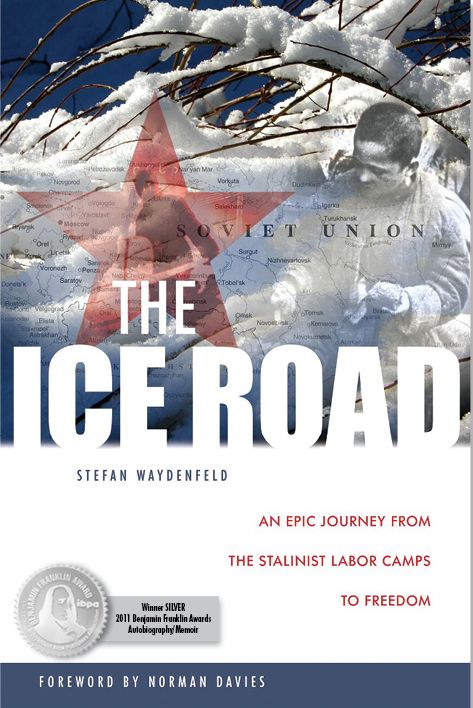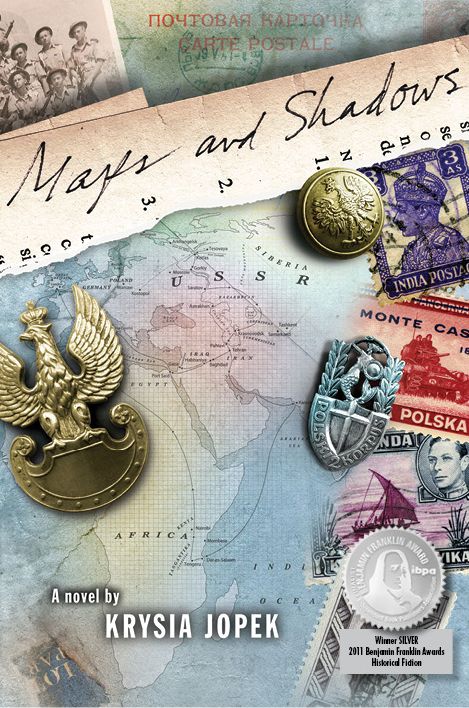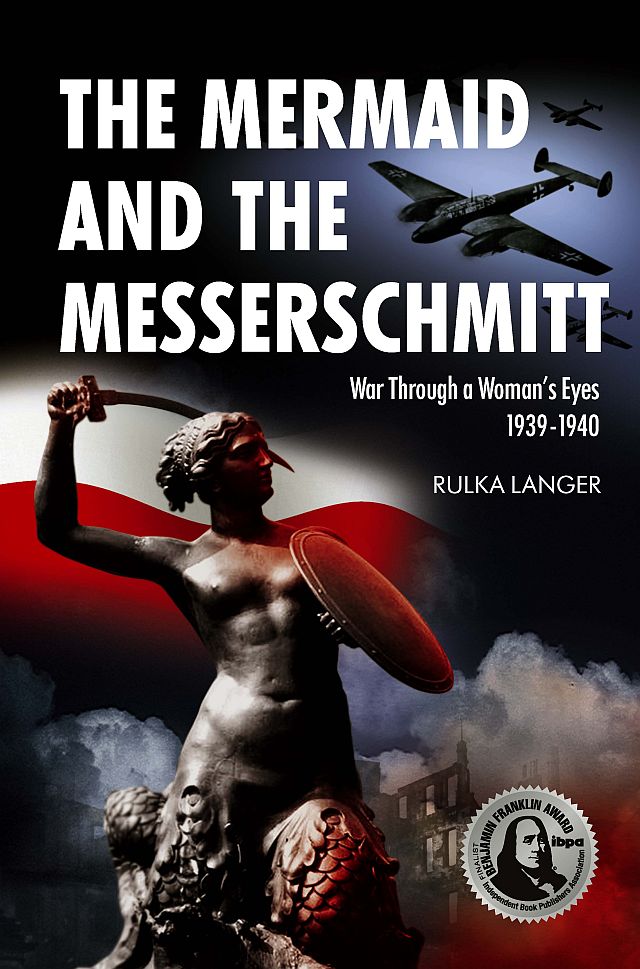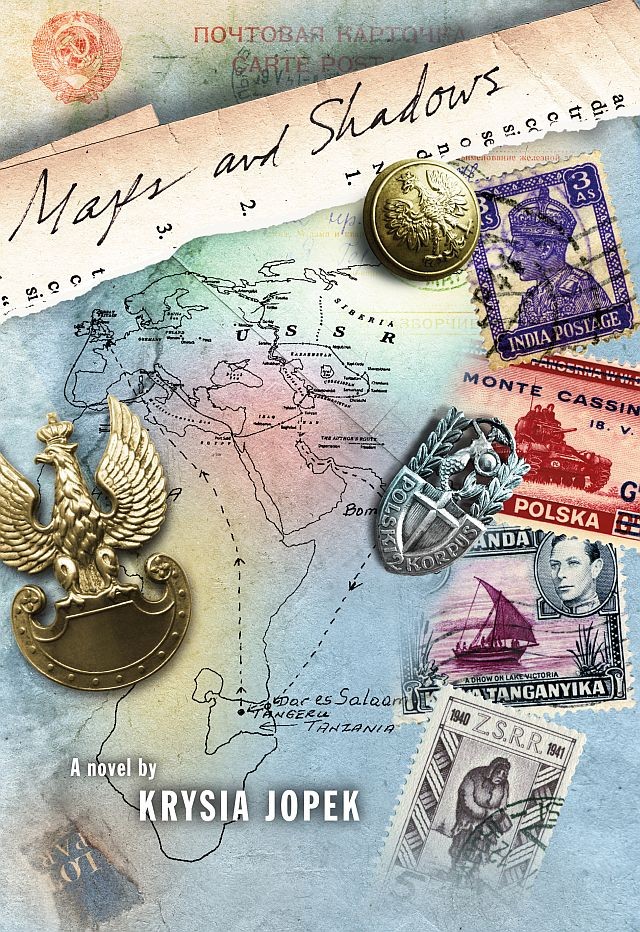 MAPS AND SHADOWS - EXCERPT
MAPS AND SHADOWS - EXCERPT
CHAPTER 2
The Cattle Train (Helcia)
The Russian soldiers packed us forcefully into the fifty empty cattle cars that were waiting for us at the train station. In total, as a result of three separate evacuation phases, 1.5 million Poles from the eastern portion of our country were deported like us, forced on command to leave our home and what could not be carried, or be killed.
The soldiers pushed approximately sixty of us into each cattle car, which had two wooden shelves on each side, ten people to a shelf. Their guns nudged us; they were especially rough with the men. You think you’re tough, you think you’re a soldier? You have no uniform now.
There was a subtle undercurrent of insecurity, however; perhaps they realized that it was in some way arbitrary, that they were wearing the uniforms and not Tata and the other Polish veterans. On another day, the tides could turn—a queen removed quickly from the game of chess with one bullet, with one official document signed, one mass grave that would be vehemently denied. But I shall adhere to the facts for now.
There was a small, wood-burning stove in the middle of our cattle car, but no toilet facilities. One man cut a round hole in the floor with a hatchet he had brought from his farm. Someone else draped a blanket around the opening and that became our latrine for the unknown number of days ahead of us. We had no idea how long our journey would last, if we would see “normal” days again. I dreaded using this mock-toilet, but then the pain attacked and doubled me over, forcing me to confront the smell, the unsanitary conditions, and the degrading feeling of being reduced to an animal—while trying to stay balanced and not vomit the minimal contents in my stomach, as the dirty, portable barn jerked on the tracks.
We were incredibly hungry and found it difficult not to think of food, not to imagine what we would be eating at each meal, if we were home. I could smell fresh meat cooking in my memories and struggled not to salivate and not to cry. Aside from the cold scraps of fish or barley soup and slice of dark, waterlogged bread that we received every two or three days from the Russian soldiers, we subsisted on the food we brought from home—kasha, various grains, dried meats. We didn’t know how long the food supply from our farm would last. It seemed strange that they were feeding us periodically, keeping us alive. I kept thinking we were being saved to be tortured or to be worked to our bones (a psychological and physical ossification), behind the scenes of war, implicated unwillingly. But at least we were alive, unlike other village family members. Many fathers of children my age and younger had mysteriously disappeared, those who were still active in the military and of significant rank. The Russians claimed that they must have fled, but there were no traces of any such conjectured journeys.
Hour after hour, unrelenting day after day, the clunking of the steel tracks droned, clacked, and droned. We were not informed of our destination but we could guess, given the order to pack warm clothes. Siberia, the northern place of historical exile depicted in nineteenth-century oil paintings that I had read about in school. The place of political eviction for fugitives, dangerous individuals and so-called “undesirables.” Or in our case, an inconveniently located group of people with strong military affiliations. And I was the oldest, the ancillary mother of Henryk and Józef—in case anything happened to Mama—in case we were separated from the adults. In case we were lost.
The train stopped every forty-eight hours or so, usually to pick up more coal for the two locomotives that were pulling and pushing the storage cargo of three thousand Poles. Immediately, as the train halted, a throng of restless gray bodies pressed against the door of the cattle car to jump off as soon as possible, to relieve hunger and claustrophobia. Eyes squinted against the sudden sun and the magnitude of the landscape, adjusted and immediately scanned the area for food, hoping for maybe some dried meat or mushrooms, or the vestiges of fish to make soup, speculating whether anything could be traded. The area was also hastily surveyed for a private place to urinate or defecate instead of the semi-public toilet on the train.
The Russian peasant women tasked with sweeping snow from the train tracks met our gazes nervously. They were being watched carefully by Russian soldiers. I noticed their shoes were in poor condition and they were missing teeth. They resembled the grandmothers of some of my schoolmates, a kerchief wrapped over their heads and tied at the chin.
The train was safer than being found as an escaped Russian prisoner. At least we were together.
/////
Excerpt from Maps and Shadows: A Novel, by Krysia Jopek. Published by Aquila Polonica Publishing. Copyright 2010 Krysia Jopek.


